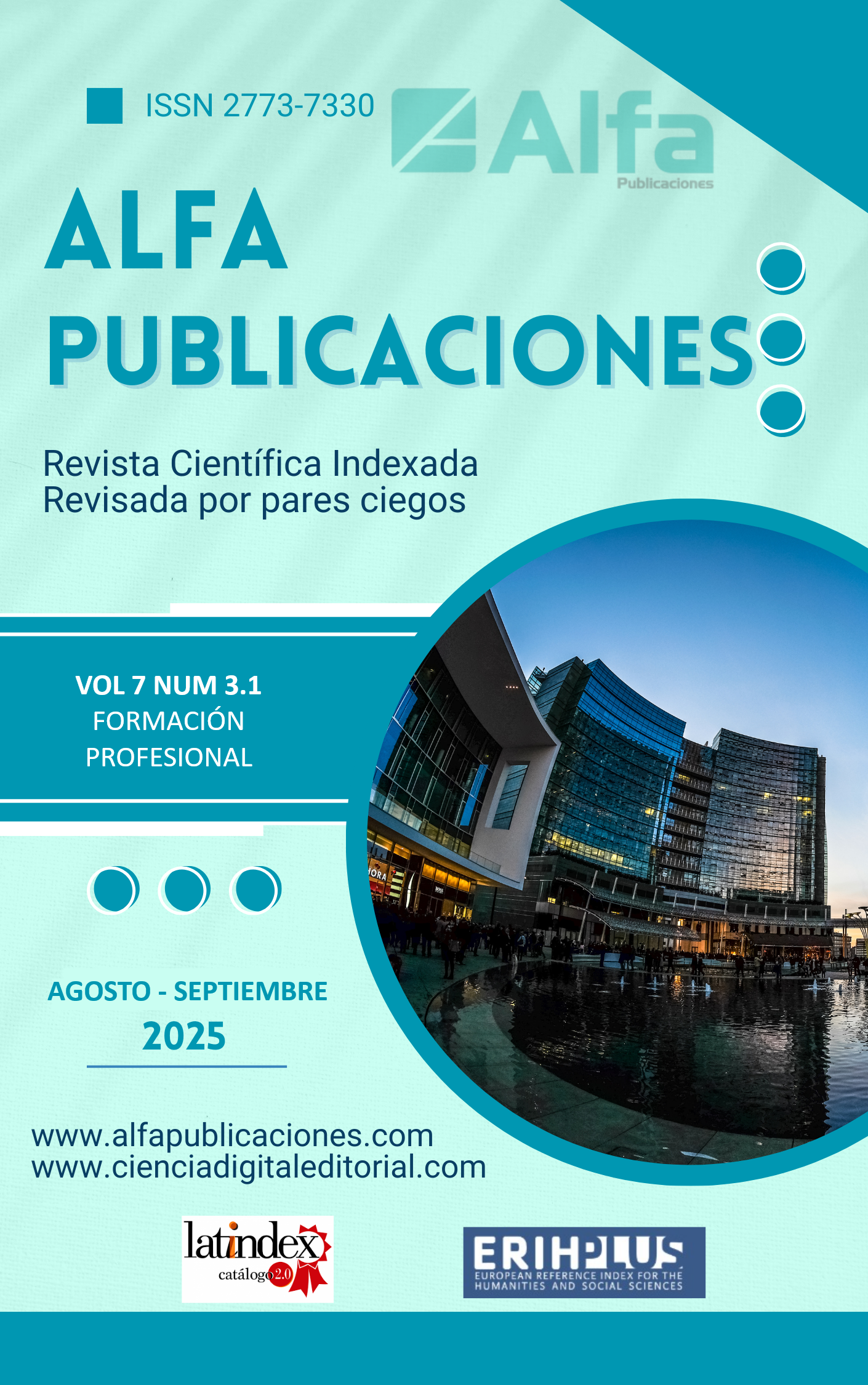Contabilidad 4.0: explorando las experiencias de estudiantes de bachillerato en entornos educativos digitalizados
Contenido principal del artículo
Resumen
Introducción. El presente estudio analiza el impacto de la digitalización en la enseñanza de la contabilidad en bachillerato y su influencia en el desarrollo de competencias digitales y contables en los estudiantes. El objetivo general fue evaluar cómo la implementación de herramientas digitales y metodologías activas afecta la formación académica de los futuros contadores. El problema de investigación radica en la incertidumbre sobre la efectividad de la educación digitalizada en contabilidad y en la preparación de los estudiantes para el mercado laboral. Se utilizó una metodología cuantitativa con un diseño no experimental, transversal y correlacional. La muestra estuvo compuesta por 115 estudiantes de la Unidad Educativa Nacional Tena, y se aplicó una encuesta con escala Likert para medir su percepción sobre el aprendizaje digital. El análisis incluyó una regresión logística ordinal, que evidenció que la digitalización tiene un efecto significativo en el desarrollo de competencias contables (p < 0,001). Las conclusiones indican que la digitalización mejora la comprensión contable, pero existen desafíos en la capacitación docente y en la aplicación práctica de los conocimientos adquiridos. Se recomienda fortalecer la formación en software contable, diversificar metodologías digitales y garantizar el acceso equitativo a la tecnología, para optimizar la enseñanza contable en entornos digitales. Área de estudio general: Educación. Área de estudio específica: Entornos Digitales. Tipo de estudio: Artículo original.
Descargas
Detalles del artículo
dssfdsf
dsfdsf

